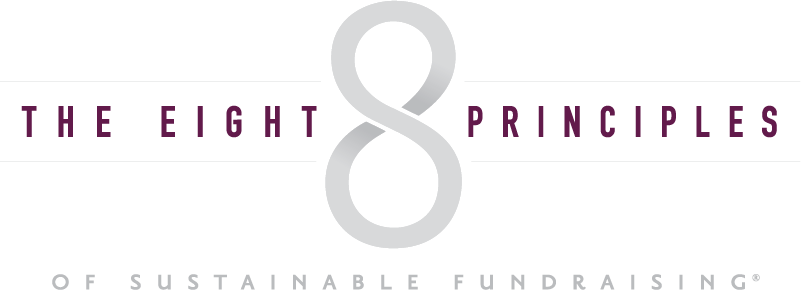You say well, of course, ROI means ‘return on investment’? I recently attended a meeting with board members of a worthy charitable organization one of whom asked me the question—“If we implement these (fundraising program changes) upon your recommendation what will be the ROI?” The individual who asked the question was looking for a percentage increase in fundraising cash directly attributable to one component of the activity. But is this truly the ‘return on investment’?
Yes, the purpose of fundraising is the raise money. I wouldn’t think there is any disagreement about that assertion. When donors make investments in their preferred charitable organizations, however, the return on investment they are looking for is far more intangible. Improving the lives of others and a sense of personal value fulfillment are high on the list of those intangibles for donors.
But you say fundraising programs (and improvements to) should be evaluated on increased revenues. No argument here. In this case, however, the questioner was exercising good business judgment without understanding that although money is the vehicle, the return remains as a function of the heart of the donor.
Moreover, fundraising is not a “go do it” sort of activity. That is where one group, be it volunteer or staff, endorses a given course of action and then sets back to see it bear fruit. It is a fully-participative sport with board members, staff, development officers, and outside counsel sharing in the effort to make it a success.
In such a scenario, no one player brings a “return on investment” in the business sense. It is by working together that success is maximized both in the tangible and intangible senses. Remember successful fundraising is all about “we” and not about “you.”
Larry C. Johnson
Principal
M. E. Grace & Associates


